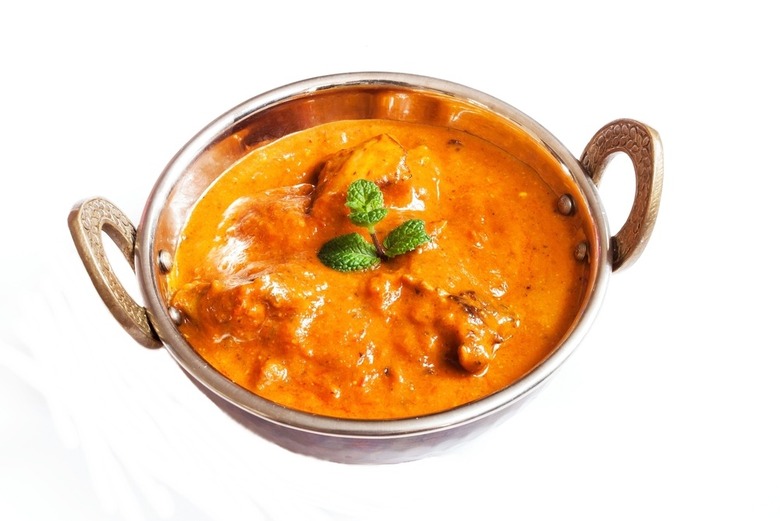Restaurant Owner Accused Of Killing Customer With Deadly Peanut Curry
Mohammed Zaman, the owner of an Indian restaurant in the U.K., is on trial this week for the 2014 death of a customer with a peanut allergy, to whom Zaman sold a lethal peanut curry.
In court on Monday, May 9, a jury heard how Zaman, described by the Telegraph as "debt-ridden," made the switch in the summer of 2013 from an almond powder in his curries to a cheaper mix of ground nuts, including peanuts, without warning his customers.
Zaman's negligence led directly to the death of Paul Wilson, a 38-year-old pub manager who unwittingly ate peanut-based curry from the restaurant, The Indian Garden, and suffered a fatal allergic reaction. Authorities later discovered that both the waiter who took Wilson's order, and the chef who prepared the meal, had been working in the U.K. illegally.
The lid of Wilson's order even had the words "no nuts" written across, a prosecutor told the court.
A month before Wilson was essentially poisoned, a 17-year-old student who also suffered from a peanut allergy went into anaphylactic shock after eating chicken korma — a North Indian dish of chicken simmered in a creamy cashew sauce — from another one of Zaman's establishments, a restaurant called The Jaipur. The young woman, Ruby Scott, was saved with the quick use of an Epi-pen. Wilson, however, was found dead in his home after eating his takeout order.
Even after Wilson's death, the restaurant continued to offer dishes containing peanuts without any warning to potentially allergic customers. "We say Paul Wilson did what he always did and ordered no nuts in clear and simple terms," said the prosecutor, Richard Wright. "There was no confusion here. Instead there was a business in which corners were being cut for the sake of profits, systems were non-existent and the customer was constantly exposed to danger."
According to Wright, the supplier who made the switch for Zaman in 2013 made it clear that the change in ingredient would need to be made clear to customers going forward, though Zaman ignored the instructions.
Zaman's charges include falsifying menu information, ignoring food safety regulations, and manslaughter. The trial is expected to last three weeks.
